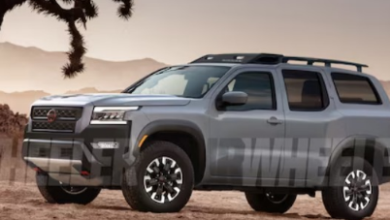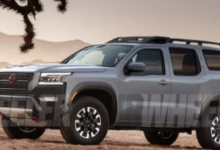Stellantis CEO Advocates Quality EVs Over Trade Barriers to Counter Chinese Competition”

Stellantis CEO Carlos Tavares asserts that the rise of Chinese automakers requires a response focused on quality electric vehicles (EVs) rather than trade barriers. Tavares acknowledges the cost competitiveness of Chinese EVs, such as those produced by BYD, and views them as a significant threat to global markets.
READ: OAS to Step in as Mediator in Guatemala’s Power Transition Crisis
Stellantis CEO Carlos
Chinese companies are expanding into North America, particularly Mexico, to leverage the U.S.-Mexico-Canada trade agreement. Tavares, heading to Washington, emphasizes the need for competition through high-quality and affordable products, rejecting the idea of trade barriers.
To confront the challenge posed by Chinese automakers, Tavares suggests potential collaboration with them. Stellantis could consider producing EVs in its global plants utilizing technology from its Chinese partner, Leapmotor. This strategy could prove effective in markets where Chinese vehicles are gaining traction. Tavares also seeks regulatory stability from Washington and European governments, ensuring a lead time of four to five years for engineering new vehicles to meet emissions standards.
Despite potential changes in political landscapes, Stellantis remains committed to introducing 18 new EVs in 2024. The company is prepared for different government stances on EV adoption, with plans extending to 2027. Tavares emphasizes the importance of achieving price parity between EVs and combustion engine vehicles, aiming to sell EVs at competitive prices while maintaining profitability. This goal involves advancements in battery technology, specifically doubling the density of battery cells for smaller, lighter, and more affordable options.
Tavares dismisses the idea of forcing consumers into smaller, more affordable vehicles, asserting that lifestyle choices, such as preferences for pickup trucks and large SUVs, will prevail. He highlights technology-driven solutions, like the 2025 Ram 1500 Ramcharger with a range extender using a gas engine to generate electricity. Regarding the Jeep brand, Tavares expresses satisfaction with the success of the 4xe plug-in models and outlines plans for the addition of the electric Jeep Recon off-roader and Wagoneer S SUVs. While acknowledging areas for improvement in the existing Wagoneer family, Tavares is optimistic about its progress in terms of quality and speed.






